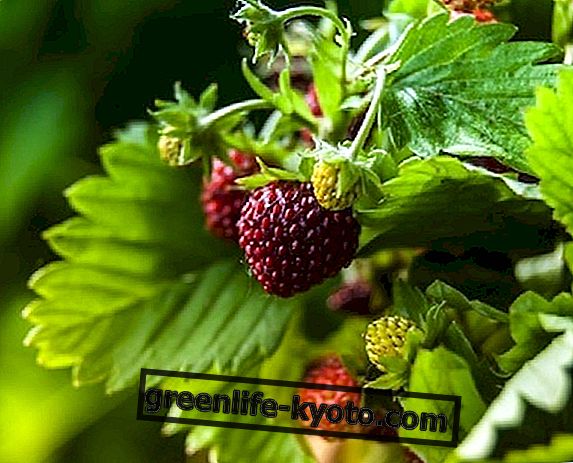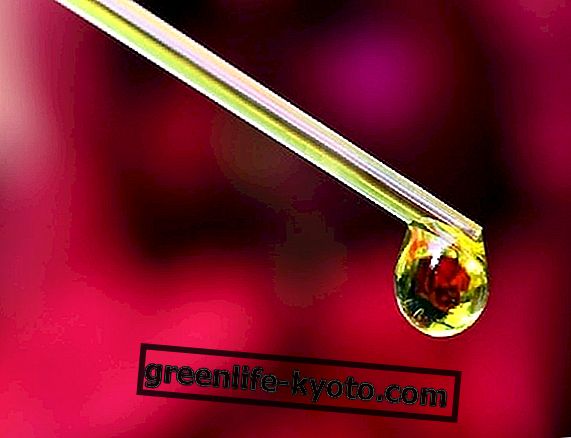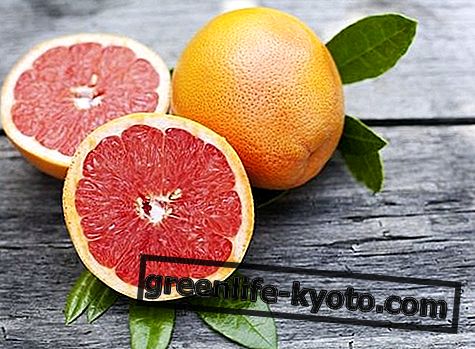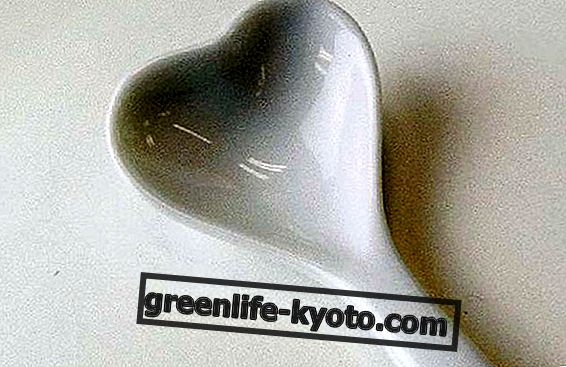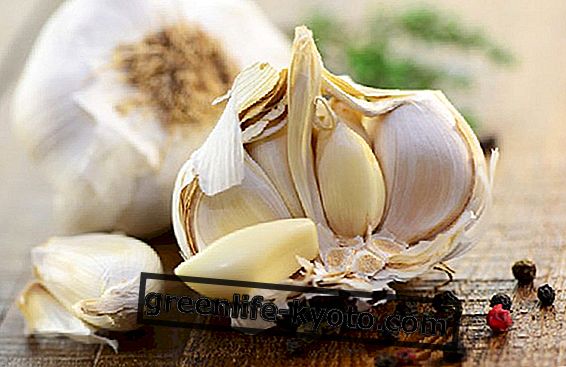
All mothers know: as soon as they hear about the pregnancy - or often even before, as soon as we talk about fertility - the doctor advises us to take folic acid every day and "I recommend you don't forget it".
But folates are not only useful for present or future mothers: in reality they are essential vitamins for the health and well-being of everyone, young and old, omnivores or vegans.
But precisely, what are folates ? We try to get to know them better.
Folati, what are they?
Vitamin B9, here is the real name of the folates.
The term folate derives from the word folium, since they are found precisely in green leafy vegetables and have been isolated for the first time from spinach leaves.
Folate is often confused with folic acid : there is a subtle difference between these two substances because folates are natural compounds present in food, while folic acid is a molecule, with the same composition, but of chemical synthesis.
Our body is not able to produce folates, therefore they are defined as "essential" food and should be introduced only with food.
The folates are water-soluble molecules, that is they spread quickly in water: therefore it is strongly advised against cooking by boiling the foods rich in folates, to avoid that the folates themselves are dispersed in the water if it is thrown (it could be useful to make a risotto! ).
The primary activity of folates is to act as a coenzyme, or a "key" that accelerates bodily chemical reactions. Without the folates these reactions do not take place, so serious deficiencies and consequent diseases can be encountered .
What are the activities of the folates:
> Together with vitamin B12 folates are essential for the use of proteins introduced with food
> Folate is directly involved in cell division and carbon transport during hemoglobin formation.
> Folate is essential in the growth and reproduction process for all the cells in our body.
> Folate is fundamental in the correct replication of genetic makeup
What are the possible health consequences of a folate deficiency :
> Intestinal system : diarrhea
> Deficiency in pregnancy : evolution in the fetus of spina bifida, cleft palate, brain damage
> Joint disorders: arthritis
> Problems with the skin and scalp: baldness, psoriasis
> Anemias: hemolytic anemia, pernicious anemia
> Disorders of nervous origin: depression, arteriosclerosis
Folate: where are they?
Since our body does not produce it by itself, it will be vitally important to take it in proper quantities with food .
The foods that mainly supply folates are: asparagus, broccoli, artichokes, Brussels sprouts, cabbage, cereals and liver.
Folate is also present in good quantities in: broad beans, spinach, chard, red turnips, cherry tomatoes, kiwi, strawberries, potatoes, radicchio, grapefruit, avocado and some cheeses.
Meat, fish, milk and yogurt are low in folate .


